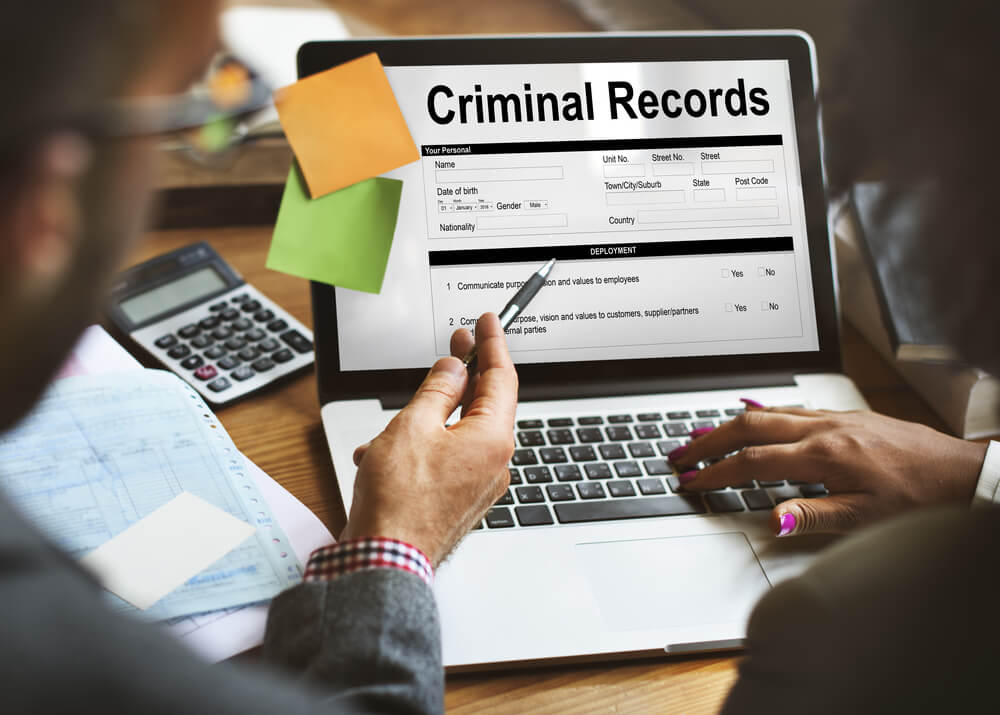Key Takeaways:
- Importance of criminal record checks in maintaining a safe workplace.
- Best practices for implementing criminal record checks.
- Benefits for employers and employees.
- Legal and ethical considerations.
Introduction
Workplace safety is a cornerstone of productive and thriving businesses. Ensuring a safe environment protects employees and bolsters a company’s reputation. An efficient method by which companies can accomplish this is by conducting thorough background checks. Hiring procedures that involve background checks help minimize risks and ensure compliance with safety standards.
Employers can better understand potential employees’ histories by implementing a thorough criminal background check. This proactive measure contributes significantly in creating a secure and trust-filled workplace. In addition to ensuring everyone’s physical safety, these inspections support a productive workplace environment where everyone feels respected and safe.
Why Criminal Record Checks Are Crucial
Verifying criminal histories is essential in preventing crimes at work. They assist in weeding out applicants who could endanger the team’s safety or the business’ integrity. For instance, an employee with a history of violent behavior could threaten others in the workplace, while one with a record of financial crimes might risk the company’s assets. These checks act as a preventive measure, safeguarding the workplace from potential internal threats.
Moreover, maintaining a safe work environment through diligent background checks can enhance the company’s public image. Consumers and other interested parties are likelier to believe in a company that prioritizes safety and ethics. A strong safety reputation can also help draw in top personnel, as candidates want to work for companies with a reputation for honesty and strict recruiting practices.
Best Practices for Implementing Criminal Record Checks
Collaborating with Trusted Agencies
Partnering with reliable agencies ensures that criminal record checks are thorough and accurate. Trustworthy agencies bring expertise and credibility, streamlining the process for employers. They can also provide insights into compliance requirements, helping businesses avoid legal pitfalls. By utilizing the experience of these agencies, companies may make knowledgeable recruiting selections based on thorough, current information.
Consistency in Policies and Procedures
Employers must develop and adhere to consistent policies regarding criminal record checks. This consistency helps avoid potential legal issues and ensures fairness in the hiring process. For example, a standardized policy on what types of crimes are considered disqualifying can prevent discriminatory practices. Additionally, consistent procedures help build a transparent and accountable hiring process that all stakeholders can trust.
Utilization of Modern Technology for Efficient Checks
Background checks may be made much more efficient by using modern technology. Utilizing the latest tools and software speeds up the process and improves accuracy and comprehensiveness in screening candidates. For instance, integrated databases and automated systems can quickly flag potential issues, allowing employers to focus on more detailed assessments where necessary. These technologies also reduce the manual workload, making the background check process more scalable and cost-effective.
Benefits for Employers and Employees
A well-conducted criminal record check benefits employers by fostering a trustworthy environment. Employees are likely to feel more secure, knowing their workplace has been vetted for safety. This trust can lead to higher morale and productivity. Employee turnover is decreased when workers are content and confident since they are more engaged and unlikely to look for work elsewhere. Furthermore, a safe workplace can lessen the possibility of mishaps occurring there, which lowers the liability risks and related expenses for the business.
Employers have a significant advantage in reducing theft, fraud, and violence incidents. Record checks also provide legal safeguards, ensuring compliance with relevant laws and reducing the likelihood of negligent hiring lawsuits. By implementing a comprehensive record-checking program, organizations can safeguard against legal risks and cultivate a responsible and accountable culture.
Legal and Ethical Considerations
Adhering to privacy laws and regulations is crucial while conducting criminal background investigations. Employers must treat sensitive data carefully to prevent abuse or unauthorized data sharing. This entails telling candidates why the background check is being undertaken and getting their permission. Employers must guarantee compliance by taking into account regional variations in privacy regulations. If these restrictions are broken, there are severe legal and financial consequences.
Ethically, it’s crucial to balance fairness with safety. Ensure the process is unbiased and does not unjustly discriminate against candidates. For instance, evaluations should be individually tailored to each candidate’s circumstances, considering the nature and context of past offenses. Treating all potential employees with respect and transparency is essential. A fair and transparent process meets ethical standards and builds trust and goodwill among candidates and employees.
Real-Life Examples of Effective Criminal Record Checks
Various industries have successfully implemented criminal record checks to enhance safety. For instance, in healthcare, thorough background checks are critical due to the nature of the work. This practice helps prevent harm to vulnerable patients, ensuring that healthcare providers are credible and trustworthy. Hospitals and clinics implementing rigorous background checks can minimize risks such as patient abuse or data theft while maintaining high standards of care and trust.
Similarly, background checks are pivotal in preventing fraud and safeguarding sensitive information in the financial sector. Companies that meticulously vet their hires have seen significant reductions in internal fraud cases. By ensuring that employees with access to financial data have a clean record, businesses can protect themselves from costly breaches and maintain the confidence of their clients and investors.
Common Questions About Criminal Record Checks
Many people have questions regarding criminal record checks. A common query is about the extent and limit of the checks. It’s essential to clarify that these checks should be relevant to the job role and comply with all legal standards. For example, positions involving financial responsibilities might require checks focusing on financial crimes, while caregiving roles might prioritize checks for past abuse or neglect offenses.
Another common concern is about the time frame for background checks. While technology has expedited the process, it’s vital to ensure that the checks are done thoroughly, balancing speed with accuracy. Most checks can be completed within a few days, but certain situations may require more detailed investigation, especially if international records are involved. Efficient yet thorough checks are the key to a balanced and effective hiring process.
Keep an eye for more news & updates on TimesAnalysis.Com!



